Artist: David Bowie Album: The Man Who Sold the World
Year: 1970Duration: 41:00
A Critique of David Bowie's The Man Who Sold the World: An Album That Pushed Boundaries
David Bowie, a British rock icon, pushed boundaries and broke down barriers within the music industry with his unique and innovative sound. One of his most popular and critically acclaimed albums was The Man Who Sold the World, which was released in 1970. This album marked a new era for Bowie, as he moved away from his traditional folk-pop sound and towards a more experimental and darker style of rock.
In this blog post, we'll take a closer look at the history of David Bowie, the music genre of The Man Who Sold the World, the standout songs of the album, the most innovative parts, and we'll give our critique of the album.
David Bowie was an English singer-songwriter who was born in 1947. He was known for his unique musical style that blended rock, pop, and experimental genres. He began his music career in the 1960s, but it wasn't until the early 1970s that he gained worldwide recognition for his music.
The Man Who Sold the World was released in November 1970, and it was Bowie's third studio album. The album marked a significant departure from his previous work and was the beginning of Bowie's shift towards a more experimental style. The overall sound of the album is a mix of hard rock and psychedelic rock, with elements of folk and electronic music.
One of the standout songs from the album is the title track, The Man Who Sold the World. This song is a haunting and eerie ballad featuring Bowie's iconic vocals. The song has been covered by numerous artists, including Nirvana, and has become a classic in the rock canon.
Another standout song from the album is All the Madmen, a song that explores the theme of mental illness and society's treatment of those who suffer from it. The song features a unique blend of acoustic and electric guitar, as well as a driving bass line and dramatic string arrangements.
One of the most innovative parts of the album is the song The Width of a Circle, which features a ten-minute instrumental section that showcases Bowie's experimental approach to rock music. The song contains elements of progressive rock, jazz, and hard rock, and is a true masterpiece of musical innovation.
As for critiques of the album, some critics argue that The Man Who Sold the World lacks cohesiveness as an album and that the songs don't flow together as well as they could. However, others argue that the album's lack of cohesion is precisely what makes it so innovative and groundbreaking.
As for critiques of the album, some critics argue that The Man Who Sold the World lacks cohesiveness as an album and that the songs don't flow together as well as they could. However, others argue that the album's lack of cohesion is precisely what makes it so innovative and groundbreaking.
In conclusion, The Man Who Sold the World is an album that pushed boundaries and broke down barriers within the music industry. David Bowie's unique and innovative sound paved the way for future musicians and artists. The album's mix of hard rock, psychedelic rock, folk, and electronic music, combined with Bowie's iconic vocals, create a haunting and unforgettable listening experience. While some may argue that the album lacks cohesiveness, it's precisely that lack of cohesion that makes it so innovative and groundbreaking. The Man Who Sold the World is a true masterpiece of musical innovation, and it's no wonder that it's still celebrated and loved by music lovers around the world.
David Bowie albums
Other #Pop albums:
SIMILAR BANDS
balls, from 1 to 5, describe similarity between the two bands
SOMETHING NEW? LISTEN TO RADIOGENRE
SUGGESTED PLAYLISTS



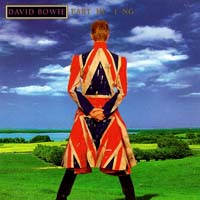
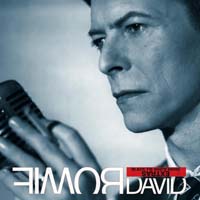
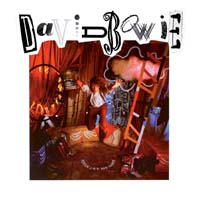
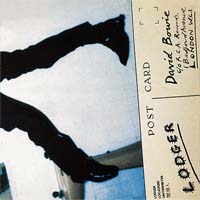
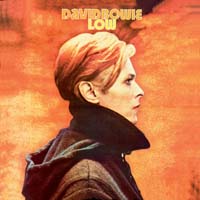

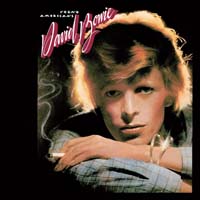
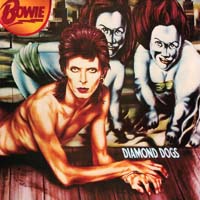
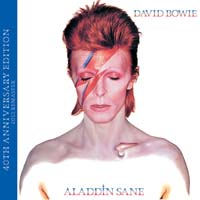
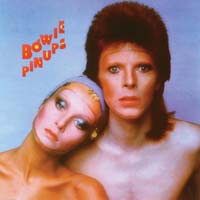
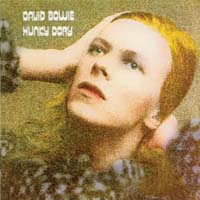
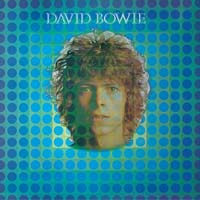
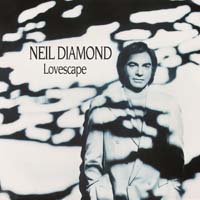
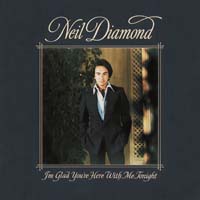
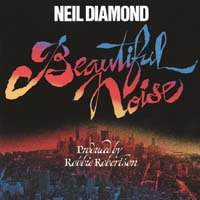
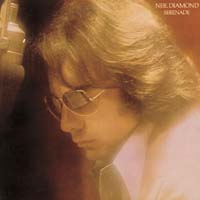




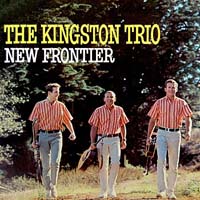



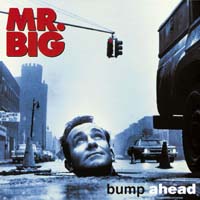


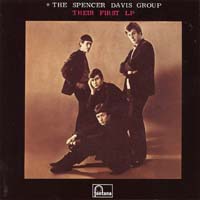





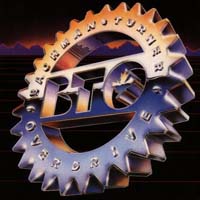






 Rock
Rock Grime
Grime Electroclash
Electroclash Soul music
Soul music Electro pop
Electro pop Rocksteady
Rocksteady Nu jazz
Nu jazz Indie rock
Indie rock Industrial metal
Industrial metal Rumba
Rumba Emigrating with a cardboard suitcase
Emigrating with a cardboard suitcase Celtic music flavors, Dublin
Celtic music flavors, Dublin The very best of minimal
The very best of minimal The very best of classic pop
The very best of classic pop The very best of post punk
The very best of post punk The bpitch control squares
The bpitch control squares Woman power
Woman power The very best of dark wave
The very best of dark wave The very best of breakbeat
The very best of breakbeat The very best of heavy metal
The very best of heavy metal